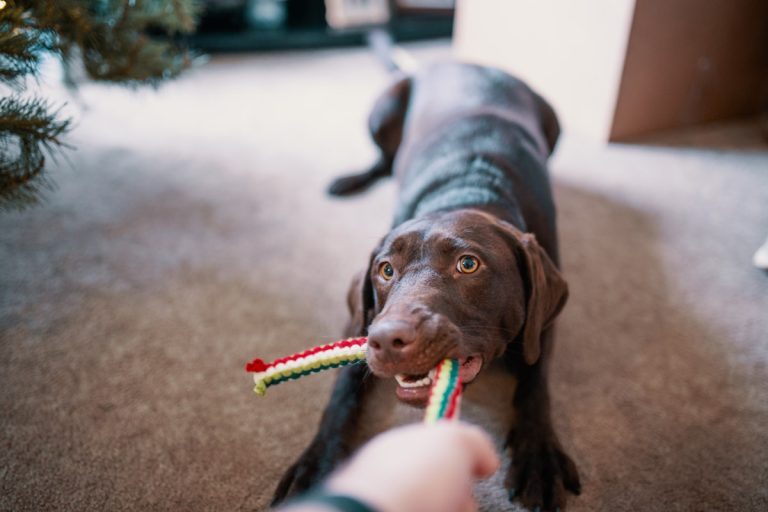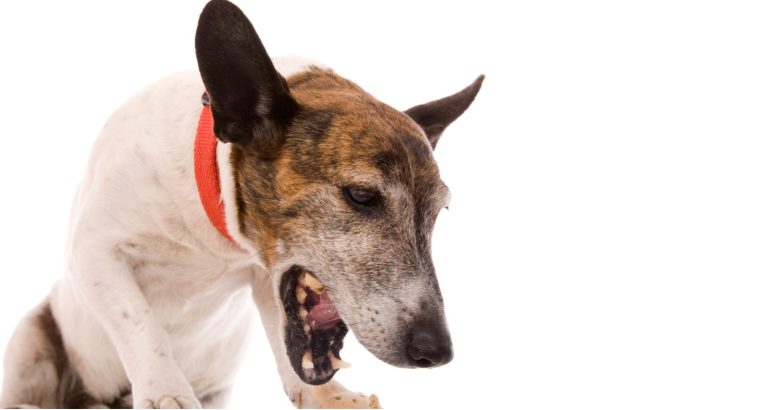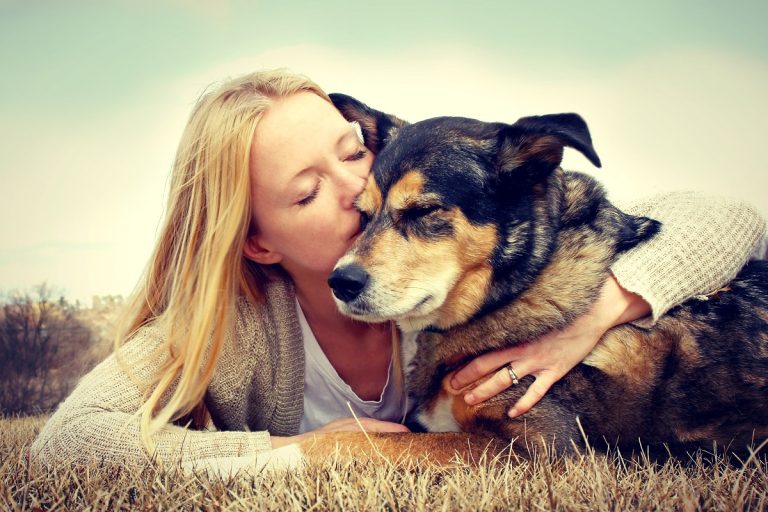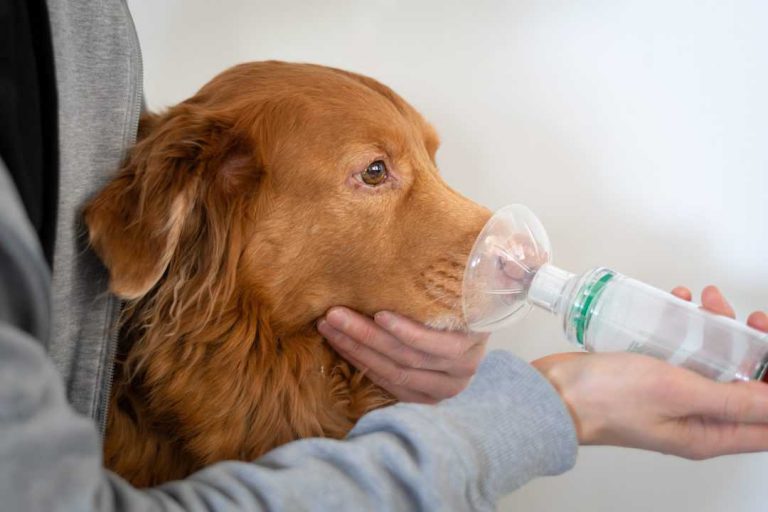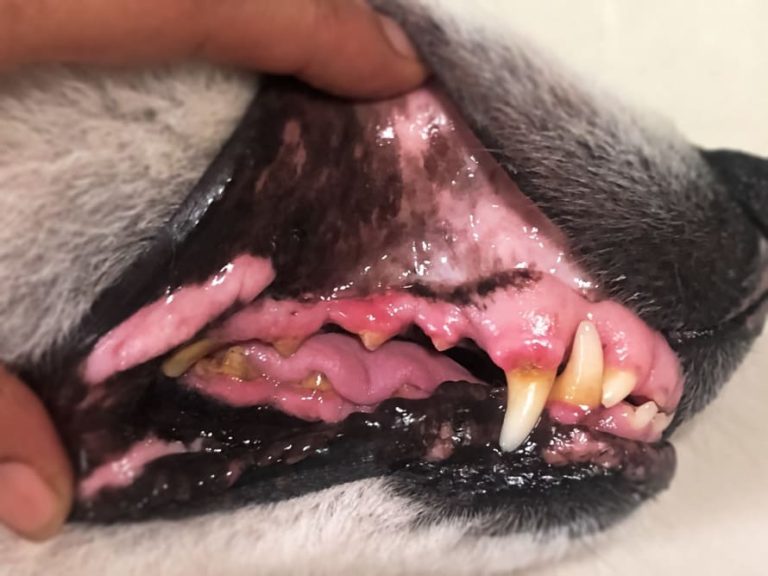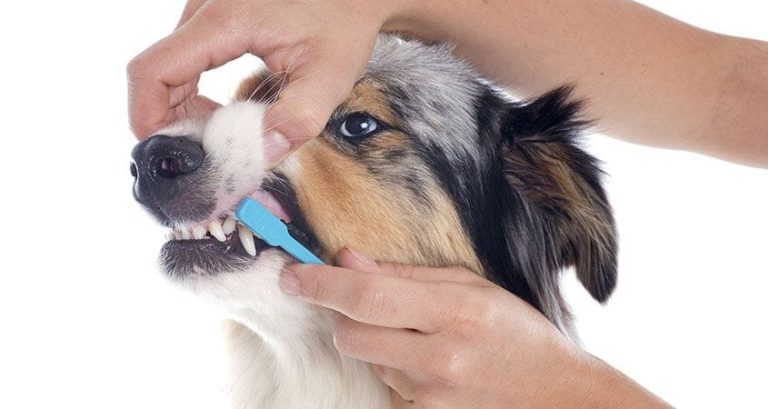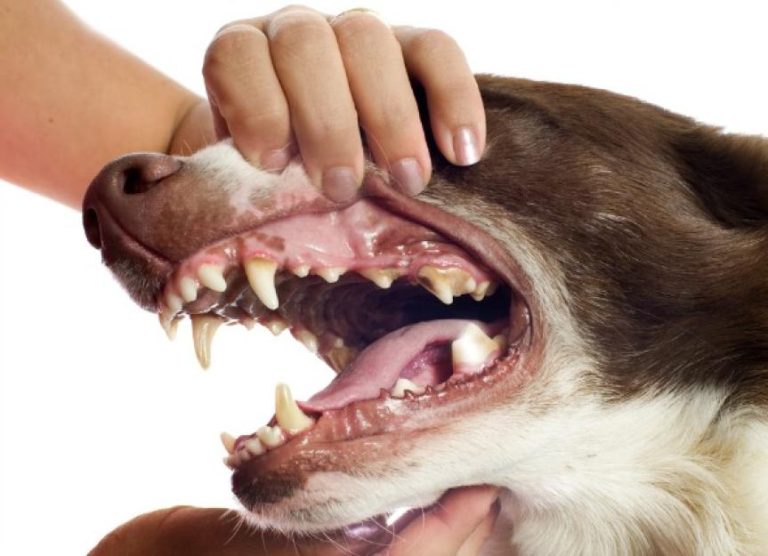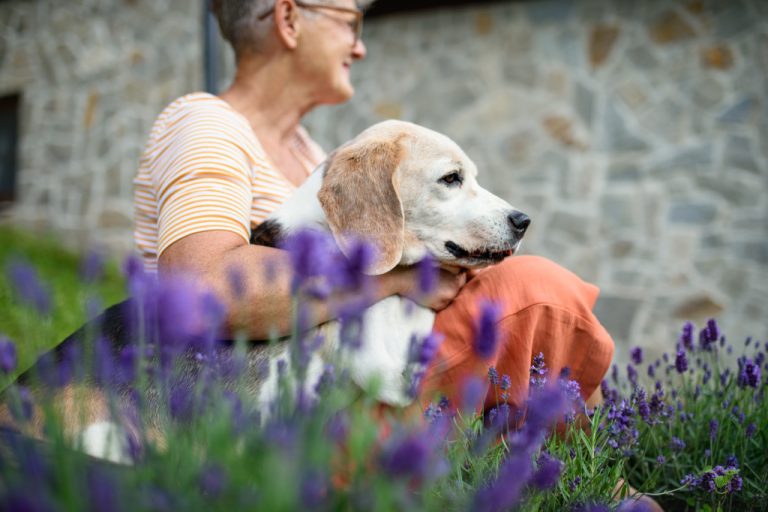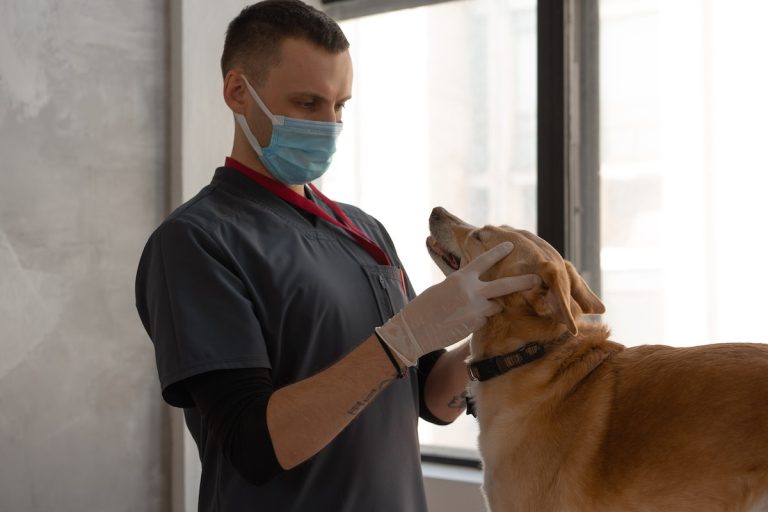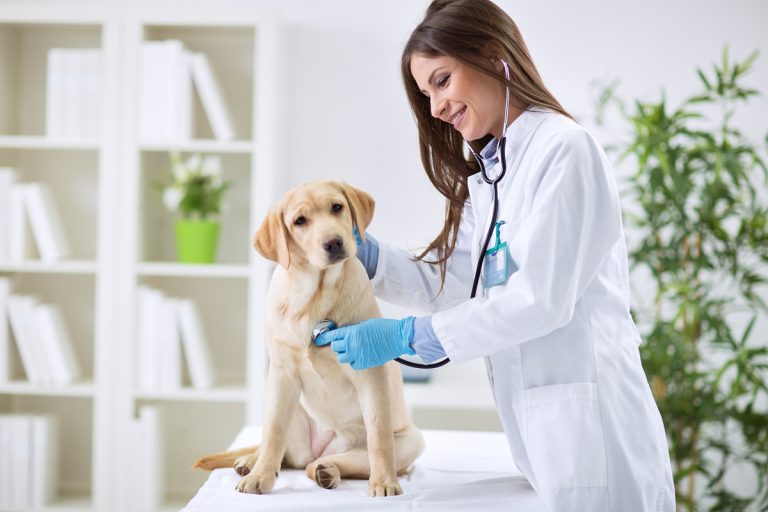
How To Get Rid Of Dog Gland Smell?
As dog owners, we cherish the unconditional love and companionship our furry friends provide us. However, there are times when certain unpleasant odors can arise, affecting our dogs’ overall hygiene and well-being. One such notorious culprit is the dog gland

